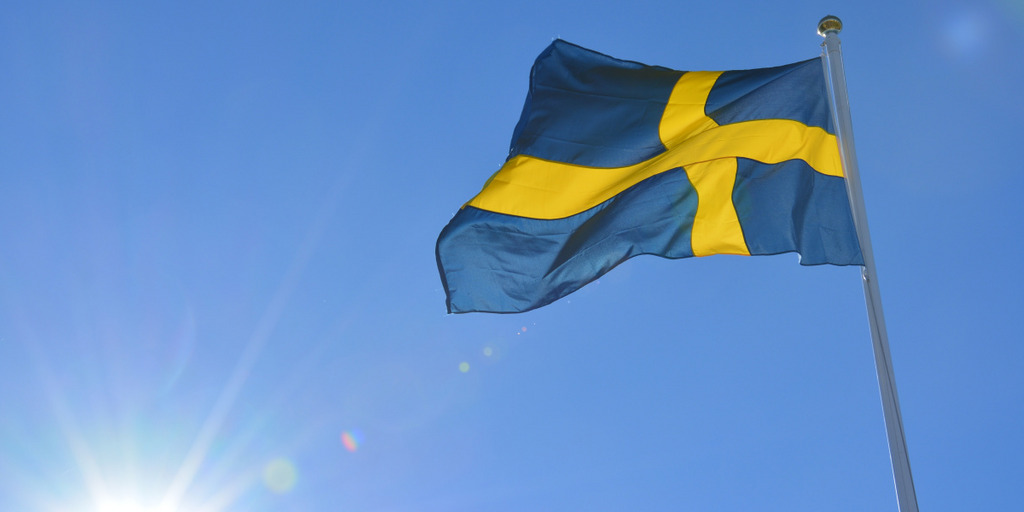With the 9 September general elections just two days away, political activity in Sweden is intense - and it has been since the so-called Almedal Week in July. This annual event, staged in Visby on the picturesque island of Gotland, where the leaderships of all political parties convene with interest groups, lobbyists and the general public usually marks the end of the political calendar year. In election years, however, the Almedal Week signals the unofficial start of the election campaign, where alliances are formed or reaffirmed and lines of skirmish drawn.
The forthcoming Bertelsmann Stiftung's 2018 Sustainable Governance Indicators' report on Sweden states that "(…) it is easy to see that the combined factors of a political system under duress and the challenge of ensuring a working majority in parliament have not strengthened the strategic capacity of government institutions."
Institutional arrangements and formal rules only work so far; in the final analysis political decision- making hinges on the capacity of the actors in the system to make it happen. The post-election discussions among the political parties on how to form a government with a true capacity to act will be critical in this respect.




